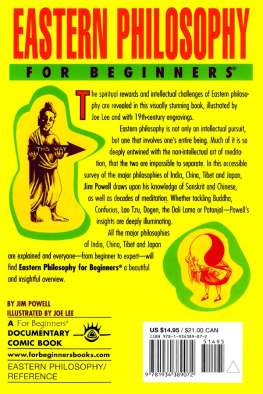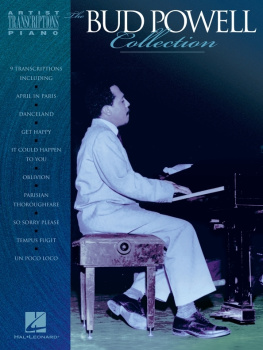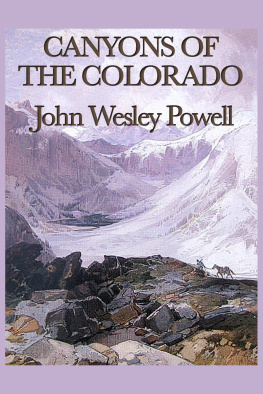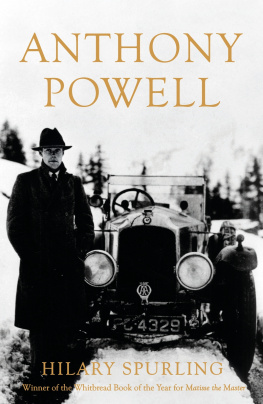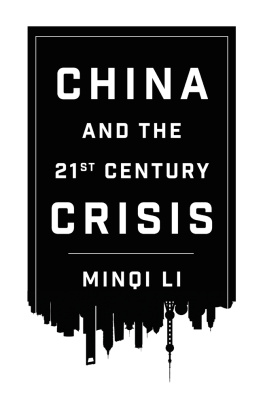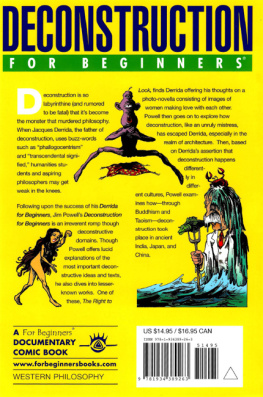This edition is published by PICKLE PARTNERS PUBLISHINGwww.picklepartnerspublishing.com
To join our mailing list for new titles or for issues with our books picklepublishing@gmail.com
Or on Facebook
Text originally published in 1945 under the same title.
Pickle Partners Publishing 2015, all rights reserved. No part of this publication may be reproduced, stored in a retrieval system or transmitted by any means, electrical, mechanical or otherwise without the written permission of the copyright holder.
Publishers Note
Although in most cases we have retained the Authors original spelling and grammar to authentically reproduce the work of the Author and the original intent of such material, some additional notes and clarifications have been added for the modern readers benefit.
We have also made every effort to include all maps and illustrations of the original edition the limitations of formatting do not allow of including larger maps, we will upload as many of these maps as possible.
MY TWENTY-FIVE YEARS IN CHINA
BY
JOHN B. POWELL
IEastward Ho!
THE SMALL CARGO BOAT upon which I was a passenger edged slowly up to a jetty in the Hongkew section of Shanghai, and I walked ashore carrying my suitcase. It was early in February, 1917. A baggage coolie followed, carrying on his shoulder my old-fashioned tin-covered trunk. It was raining, and the narrow streets between the shipping godowns, or warehouses, which lined the Whangpoo River were running with sloppy mud. Two ricksha coolies dashed up, and while there was sufficient room in the man-drawn vehicles for both passenger and baggage, I chose to walk to the hotel, the Astor House. I had seen rickshas in Japan, had ridden in one in Yokohama, but I was still too new to the Orient to feel at ease in a vehicle drawn by a human being.
My trip to the Orient, destined to develop into active newspaper work for a quarter of a century in one of the most politically turbulent areas on earth, had been inspired by a cable from Thomas Franklin Fairfax Millard, an alumnus of the University of Missouri, who had become widely known as a correspondent in the Far East.
Millards cable, which was dated at Shanghai and addressed to Dean Walter Williams of the School of Journalism of the university, stated that he wished to employ a graduate of the school to assist him in starting a paper in Shanghai. Dean Williams handed me the cable, the first transoceanic telegram I had ever seen.
For some time I had been trying to make up my mind regarding two offers, one from the publisher of a trade journal in Des Moines, Iowa, and the other from the publisher of a newspaper in Atlanta, Georgia, who required an assistant. The idea of a trip to the Orient was too much of a temptation, however, and after talking the offer over with my wife and my colleagues, I began to wind up my work at the university.
Unlike the hero in an Upton Sinclair novel, who was born to the realm of international society and diplomatic intrigue, I was born on a northeast Missouri farm, attended and later taught in a country school, and earned my way through high school and business college in Quincy, Illinois, by carrying two newspaper routes, morning and evening. Later I worked as a cub reporter on the old Quincy Whig in order to obtain funds to pay my fare to the University of Missouri, where I enrolled in the new School of Journalism. Four years later, after graduation, I returned to northeast Missouri to work on the Courier-Post in Hannibal, a town immortalized as the boyhood residence of Mark Twain. After four years as a circulation solicitor, advertising manager, and city editor, I returned to the university as instructor in journalism.
Like other American youths of the period and locality, my total knowledge of such distant strange lands as China and Japan had been acquired from a few chapters and some misleading maps in the school geographies and history textbooks. Even in the university I remembered only one or two history lecture periods in which the professor in ancient, mediaeval and modern history referred to China; and these references were not complimentary to that country.
To be sure, I had known students from both China and Japan who had enrolled in journalism courses at the university. One, a Chinese named Hin Wong, from Honolulu and Canton, co-operated with me in organizing a Cosmopolitan Club which included all of the foreign students in the university. The idea of forming such a club had developed from an article I had written for the college paper about foreign students in the university. Another Chinese who had enrolled in one of my classes was Hollington K. Tong, from Shanghai. Both Wong and Tong were destined later to become prominent in journalism in their homeland, but on opposite sides of the political fence. Another student from the Orient, a Japanese named Toda, was the shortest in stature, but the best drilled cadet in my company in the student military corps. I didnt know then that he had already served three years as a conscript in the Japanese Army before coming to the United States.
The fact that I was actually going to Shanghai to help start a newspaper caused me to be regarded with much curiosity and some envy on the part of my associates at the university. The fact that I had no advance knowledge whatever regarding the type of paper that was to be started naturally did not help my peace of mind. I was the object of much humorous questioning; could I read chicken tracks, one friend inquired, and added to my confusion by producing a receipt from the local Chinese laundry and asking me to decipher it. The college barber asked whether I wanted a queue haircut.
My apprehension regarding the job in China increased as the scheduled date of my departure neared. I had once written an outline and description of an office system for a small-town newspaper plant, which had been published by a trade journal and had been widely adopted. Would this be of any use in my new job? What kind of paper would the new Shanghai journal be? Would I write editorials, solicit ads and subscribers and do everything else, as in a typical country newspaper office? I was accustomed to this type of journalism, as I had done everything in a small-town daily office except set type. I wondered if the Chinese had printers unions. Also, I wondered whether Chinese papers had linotype machines capable of setting 5,000 characters or ideographs, which I was told often appeared in a single issue of a Chinese newspaper.
Feeling the need of more information about the lands I was to visit, I went to the university library, where I found only two descriptive books. They were Chinese Characteristics and Village Life in China, both by the same author, Dr. Arthur H. Smith, a veteran of the Gospel, who had spent more than a half century as a missionary in China. He was widely known for his humorous lectures, and his humor was to some extent evident in his descriptions of China and its people. Chinese students in American universities disliked the books because of the authors bizarre impressions of Chinese life. Once, shortly after my arrival in Shanghai, I heard Dr. Smith deliver a lecture dealing with political conditions in Peking, where the Republican Government had just weathered a crisis in which reactionary interests had plotted to restore the Manchu Dynasty. Dr. Smith was then on his way to the United States to retire. The feelings of everyone, particularly newcomers in the audience, were at a low ebb as Dr. Smith concluded his talk by saying, China is standing on the brink of a precipice. But the tension was relieved when the speaker, with a humorous twinkle in his eyes, added, as an afterthought, In fact the country has been on the brink of a precipice ever since I arrived in it a half century ago.






